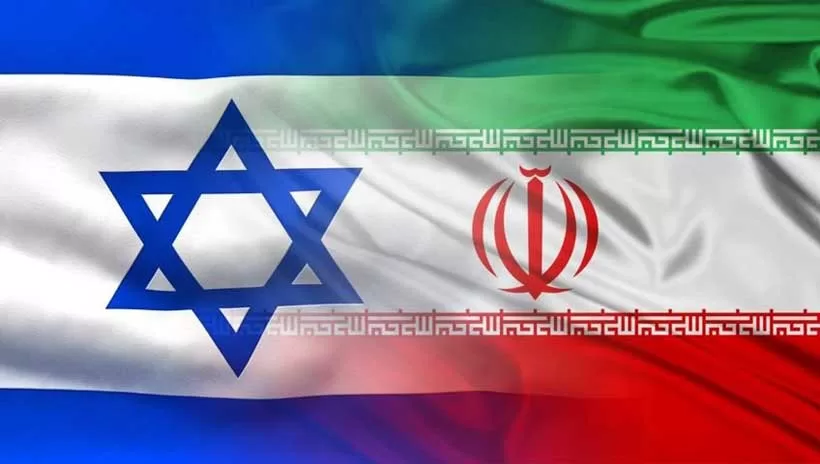On the first hours of Saturday, Israel launched a series of airstrikes against Iranian military targets, further and further intensifying implications for regional stability and international relations. This decisive action comes in the wake of Iran’s brazen missile assault on Israeli territory several weeks ago where Tehran launched 180 missiles in a militarily omnipotent show that sent shocks through Israel and far beyond. With the dust finally beginning to settle from this last wave of hostilities, one can’t help but think about this precarious balance of power in the Middle East and the prospects of a cycle of violence spiraling out of control.
The Israeli Defense Forces point out that the attacks were well-targeted at military installations that would have a linkage with missile and surface-to-air production. This is an offensive behavior suggesting a change of strategic approach; as hitting the crude oil fields, or the nuclear facilities, would have been more sternly perpetrated leading to a much higher degree of escalation, the attack was more measured to address only apparent immediate threats. This kind of restraint is remarkable against the history of Israeli-Iranian relations, during which two decades of animosity have followed war by proxy.
However these attacks are target specific and that does not make the situation any less critical. In fact, the airstrikes constitute one of the most significant shifts in the Israel-Iran confrontation and are likely to give an impression that direct military confrontation is actually becoming business as usual. Experts continue to opine that ‘the seal has been broken’ by such a statement meaning that both States no longer fear any disastrous outcome of overt military actions against the other. This raises certain fundamental queries about deterrence as well as misunderstanding or misperception on the part of both players.
As would be expected, Iran’s response to the airstrikes was not one of surrender. Mainstream media in Iran claimed that the ‘level of damage’ was low and the Iranian air defence system managed to shoot down most of the attacks. Beneath this bravado, however lies a deeper concern: Iran’s capacity to conduct such missile attacks on Israel at pleasure poses a big question. The October 1 attack showed that Iran has enhanced its missile program, and it is ready to enhance tensions to achieve its goals in the region. What its continuation of funding Hezbollah and Hamas proves is a prolonged method of attacking at the core of any Israeli state power.
The ripple effects of the conflict however are not only only restricted to the areas within Israel and Iran. As a result, the United States has been careful not to go further in provoking this escalation due to its solid historical support for Israel. This thin line the Biden administration appears to navigate by stopping a prospective attack that could damage fundamental components of Iran’s internal structure is clearer within such a ramped up context. U Fest, as tensions rise, regional powers might be more and more drawn into conflict. Here there is a real risk of a much bigger war and both Saudi Arabia and Turkey are looking on as they try to find a way to advance their own agendas in this volatile and increasingly worrying sea.
They all pose serious ethical queries regarding war when modernity had captured the civilian population within its grasp. Furthermore, both the incumbent and the opposition are escalating their military stakes-their respective civilians paying the price in terms of costs of warfare or in more general terms, some of the direct and indirect costs of war are met by civilians accidentally caught up in the crossfire through the disruptive impact that such hostilities have on normal life. Continuing other miseries and evictions of harmless civilians, the violent circle goes on and on.
Such events are, of course, considered when one thinks about whether this current round of air strikes will escalate or deter action from all relevant actors. In view of these strikes, will Iran seek to rebalance it aggressiveness or become even more assertive? These questions are all key for Israel’s management and even for Iran’s though the main value of their answers would not be found only in their bilateral relations but also in the increasing more and more complex quest for security of the various actors in the region and at a global level.
As we watch this drama unfold between two great militaries, there is a disturbing question: Is it possible to achieve diplomatic solution in a world where force appears to set grades as a way of solving problems? The stakes are very high, and if diplomacy fails, the balance of the power of world security order in years to come will be changed drastically.
